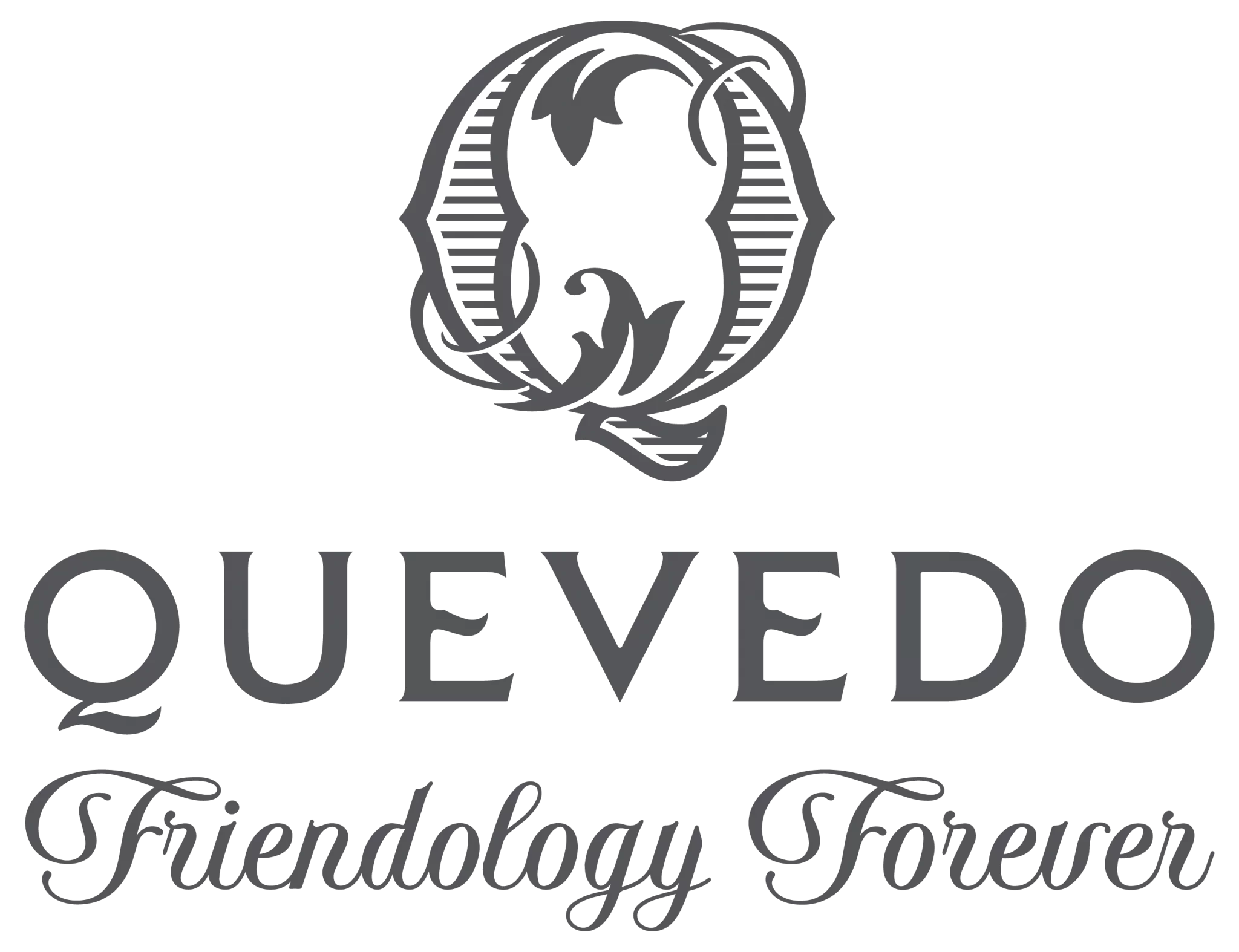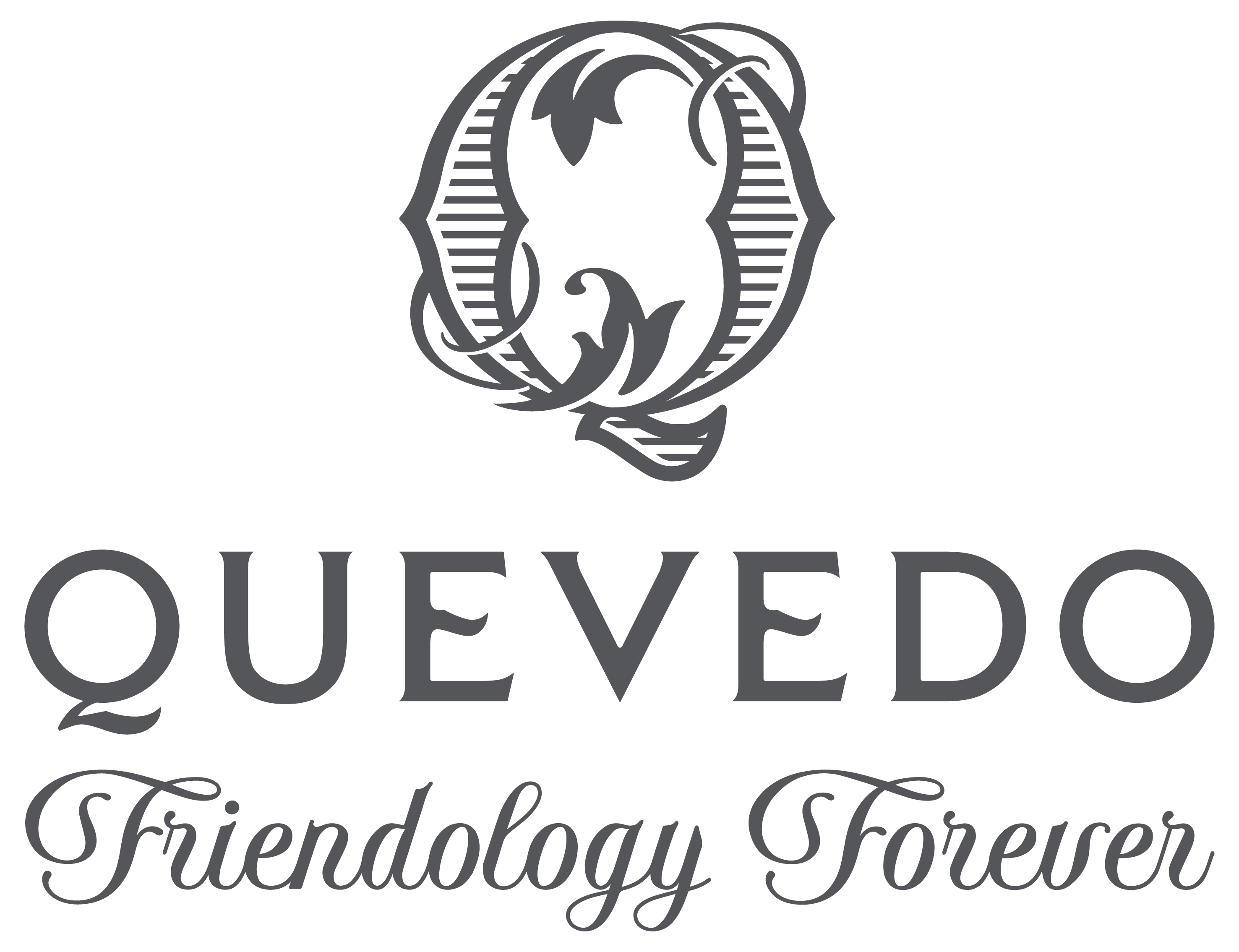Our journey into Organic practices in our farms and vineyards started in 2005 when my father started growing 20 hectares of olive trees to make organic olive oil in Valongo dos Azeites, his mother’s home village. For our vineyards, we started converting them in 2013 starting with the new plantations and existing young vineyards in the heart of Quinta da Trovisca. The next vineyard to be converted was Quinta da Senhora Rosário, next to our winery, home to our oldest parcells and newly planted white grape blocks.
Going organic was an easy decision, but the actual implementation is not so simple and you have to be prepared to handle its implications. The most important one is manual labour, as it becomes significantly more intensive than in traditional methods. In our case it meant that instead of spraying once a year some chemicals to get rid of the weeds, we started to trim manually or mechanically the growing vegetation around 3 times a year.
Also, organic farming implies that there is more life growing around the vines, therefore healthy competition for the ressources occurs. The vine then produces less fruits but the quality is definitively higher.
Converting our production to organic is a progressive process in which we keep learning and improving our efficiency at farming our vineyards. So far we have converted 2 of our 5 vineyards and we keep working to diminish the impact on the rest of the states by using more sophisticated equipment that helps reduce the use of chemicals. The main difficulty we face in the Douro Valley is the vegetation control in the abrupt ramps between the terraces – Yes, those magnificent steep slopes that create the amazing World Heritage Landscape have it’s disadvantages…
Currently we are working into bringing sheeps and chickens to the vineyards which will help to maintain the weeds controlled while leaving behind first quality fertilizers! Maybe your next case of Oscar’s bio will come with cheese or eggs 🙂
Oscar



